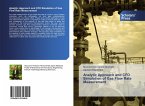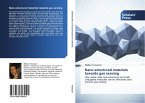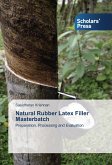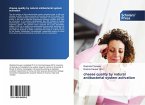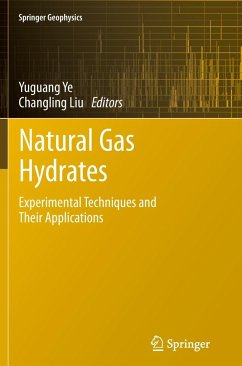Biogenic coalbed methane is an underexploited source of clean energy that has attracted increasing interest in recent decades. It is the byproduct of microbial metabolism during coal degradation by microorganisms. Most of the published studies have focused on biostimulation (the addition of nutrients) or bioaugmentation (the addition of nutrients and a nonindigenous consortium of bacteria), both of which are based on the assumptions that coalbeds are either nutrients or nutrients and microorganisms limited. However, even with these amendments coal has been proven to be a recalcitrant substrate for the microorganisms thereby limiting the bioconversion to methane. Bioavailability of coal carbon is a more fundamental question to be answered. Our research effort has focused on a host of chemical and enzymatic treatments to enhance the bioavailability as determined through bioassay. It was concluded that the bioavailability of coal carbon is the most important limiting factor in enhancement of biogenic coalbed methane production.
Bitte wählen Sie Ihr Anliegen aus.
Rechnungen
Retourenschein anfordern
Bestellstatus
Storno


